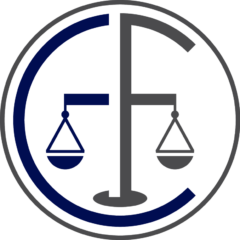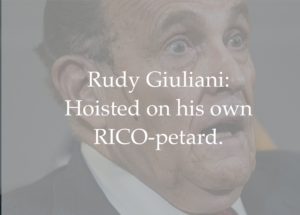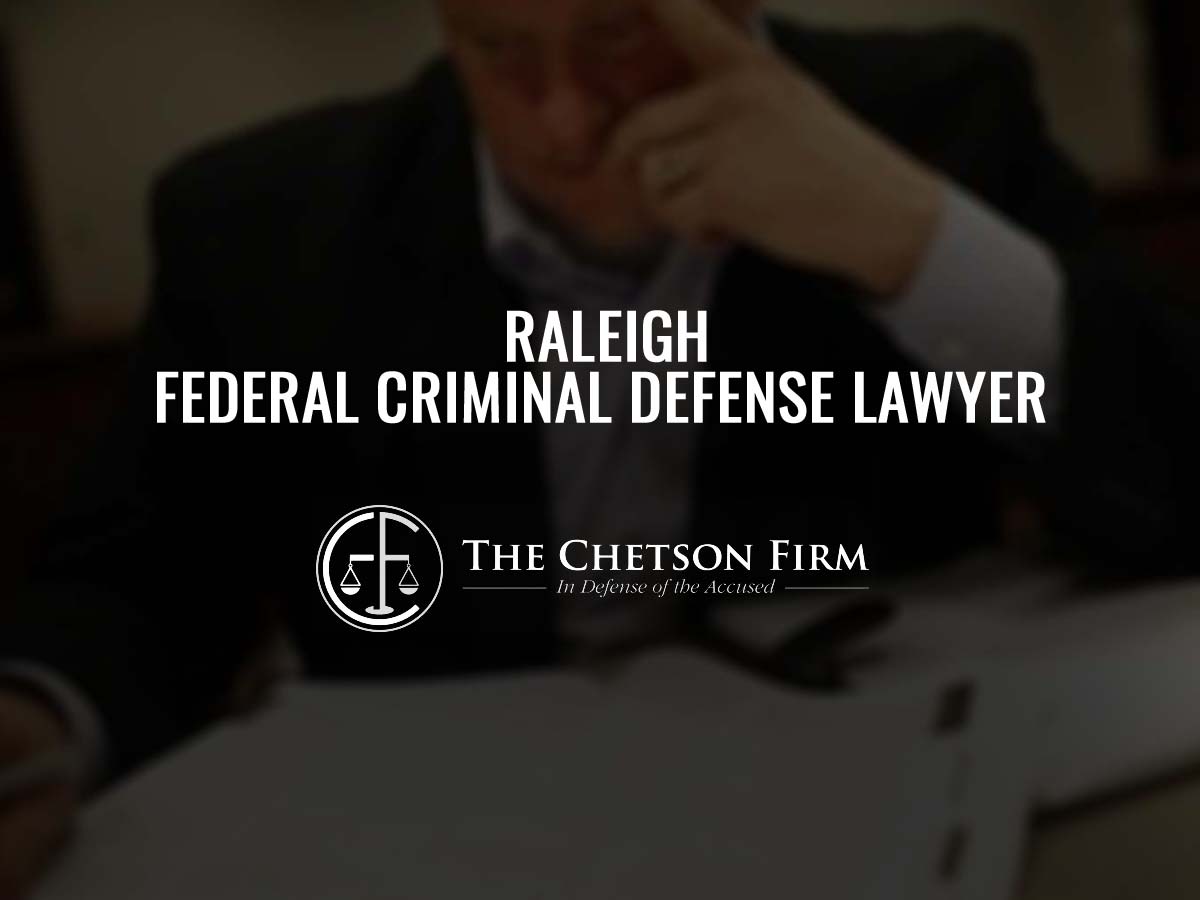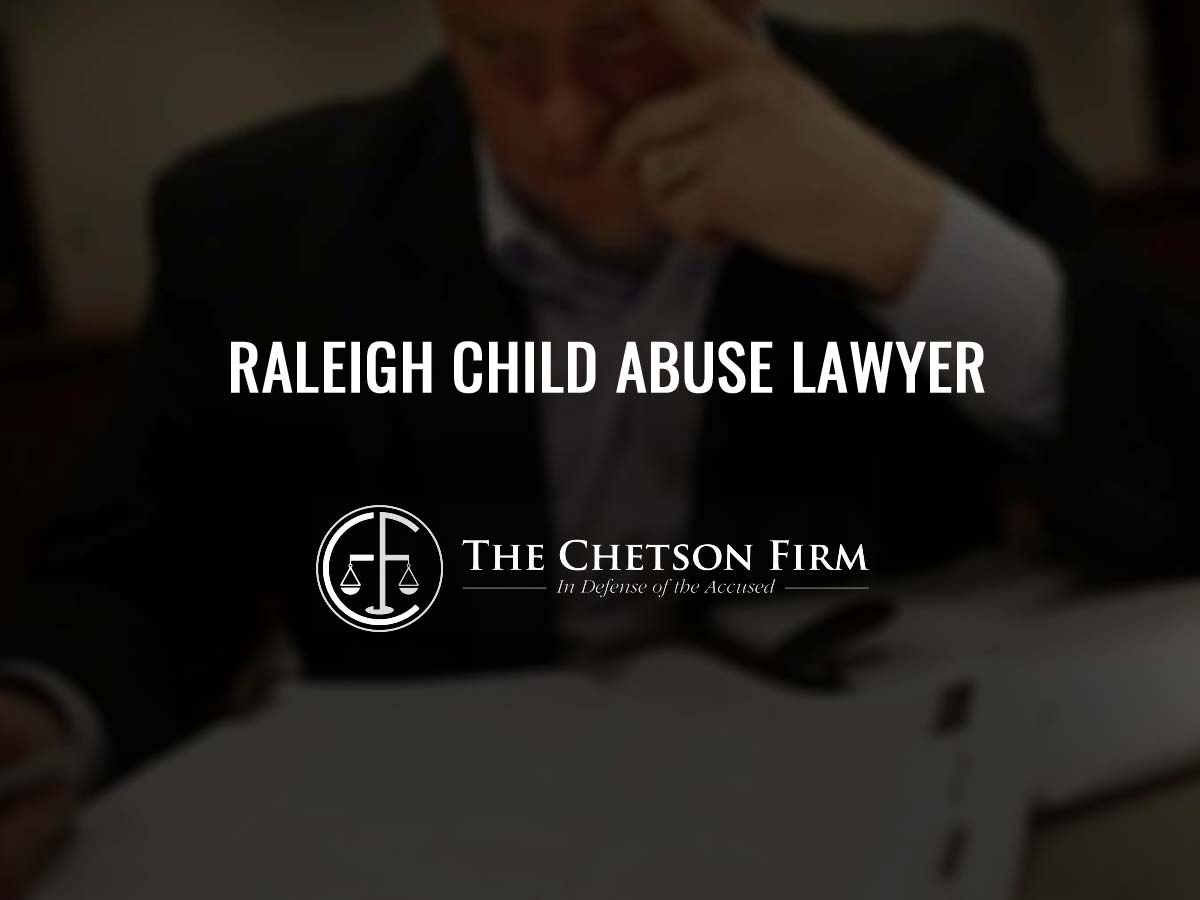In 2019, I was the only lawyer out of more than 80 to secure any kind of victory in the federal government’s largest criminal prosecution in American history. The case, with more than 80 defendants, was a RICO – Racketeer Influenced and Corrupt Organization – prosecution with our trial in Charlotte.
My client’s case is on appeal, with oral arguments scheduled in October.
I say that as a preface to my post about defendant Donald J. Trump and his alleged co-conspirators in Georgia’s RICO prosecution. The Georgia case is a state – not federal – case being prosecuted by the elected District Attorney of Fulton County. But Georgia’s RICO statute is modeled on the federal statute that was originally put into place in the early 1970s, primarily as a tool to break the back of the Italian Mafia.
What is RICO?
RICO is the ultimate tool against criminal conspiracies. To understand RICO, one has to understand a conspiracy. Any but the simplest of crimes involve conspiracy. A conspiracy is simply an agreement… to do a criminal act. Laws against conspiracy criminal punish the agreement even if the act never happens.
If you and I agree to rob a bank, and one of us takes some act toward bringing about that crime, we have engaged in a conspiracy to rob a bank even if the bank is never robbed, and can be punished up to 20 years (in the federal system) if authorities become aware of the agreement.
Note that the act can be perfectly legal. For instance, one of us can go buy rope (to tie up the victims). Or even more innocently, go get a magic marker so that when we rob the bank, we can write out the demand note. The hypothetical can get absurd, but the fact is that all a conspiracy requires is an agreement and then an overt act.
Ok, fair enough. But then what’s RICO? RICO is a law that punishes an ongoing conspiracy.
Some conspiracies are ongoing in nature and span months or years. And they involve different criminal purposes. The Mafia is a classic example, where the group may be involved in loansharking, pimping, drug trafficking, frauds, etc.
Before the advent of RICO, prosecutors found it difficult to punish higher level decision makers who may have taken no overt act. These people were the most important part of the conspiracy, but the hardest to catch. And so the conspiracy went on for decades, even as lower level associates were convicted on the specific crime of loansharking, drug trafficking, committing frauds, etc.
RICO makes it easier to prosecute ongoing conspiracies by increasing penalties, and making membership in the group itself a crime. So, even the accountant in the Mafia, for instance, who has nothing to do with the day-to-day criminal activity, is subject to a RICO prosecution.
The goal has been sometimes to prosecute and imprison the accountant, the advisors, and the middle-level management of the organization. But sometimes the goal is to get those folks to “flip” or cooperate with authorities against the leadership in order to decimate the organization.
Finally, sometimes a conspiracy exists formally or semi-formally – like a corrupt company, or the Mafia, or a gang like the Bloods – and sometimes a conspiracy exists “in fact” – like a looser association of lawyers, campaign operatives, corrupt officials, and Donald Trump.
How Can They Be Prosecuted for Speech?
Politicians defending Donald Trump are out today talking about his right to challenge the election and the importance of free speech, as if the question of speech has never been thought of in previous conspiracy prosecutions.
The fact is that speech is not always legal. We all know this instinctively. If I say to you, I’d like to sell you drugs, that is a set of words strung together that may be perfectly legal to say, as I am doing right here in this example. My speech is protected. But if I’m a drug dealer – someone who has or can actually sell drugs – and I say, “I’d like to sell you drugs,” then the speech is not legal. It is part of the conspiracy or act of selling the drugs.
Because human beings speak when they commit crimes, the First Amendment does not protect all speech.
So while it was completely legal to contest the election, and to even lie in contesting the election, it was a crime to contest the election while sharing the criminal intent of overturning it (in various ways).
Prosecutors will of course need to prove that whoever is charged with merely testifying or contesting (through speeches and public appearances) the election actually shared the criminal intent to overturn the election.
But this Seems Like a Slippery Slope…
It is a slippery slope. But many crimes are slippery slopes in some sense. So there’s nothing particularly problematic about this prosecution. This prosecution is simply the ordinary extension of the law to stop what was a criminal conspiracy.
You may think that Trump was a blowhard and ultimately harmless, or a danger to the democracy. (My view lies somewhere in between.) The fact is that the conduct Trump engaged in is the kind of conduct meant to be stopped by RICO.



